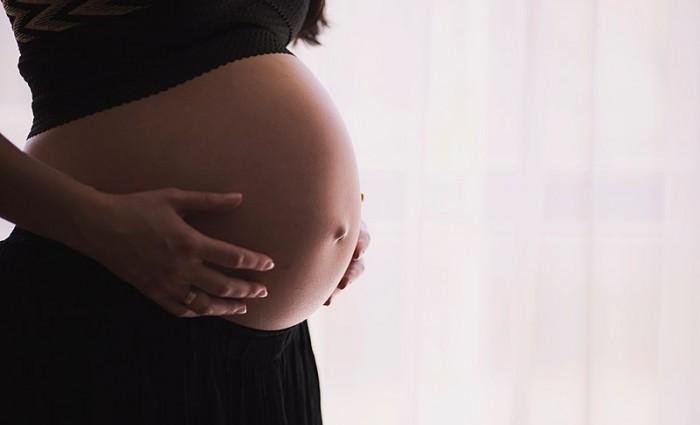According to a study of more than 2,000 couples funded by the National Institutes of Health (NIH), vaccination against COVID-19 did not affect the chances of conception. The researchers found no difference in the chances of conceiving if the male or female partner had been vaccinated compared to unvaccinated couples. However, if a male partner is infected with SARS-CoV-2 within 60 days of the menstrual cycle, the couple's chances of conceiving are slightly lower, suggesting that COVID-19 may temporarily reduce a man's fertility.

The study was conducted by Amelia K. Wesselink, Ph.D., of Boston University, and colleagues. It was published in the American Journal of Epidemiology.
Diana Bianchi, MD, director of the National Institutes of Child Health and Human Development at the National Institutes of Health, said: "These findings provide assurance to couples seeking pregnancy that vaccination does not appear to compromise fertility." They also provide information to doctors who offer consultations to patients who wish to conceive. ”
The researchers analyzed data from Pregnancy Research Online (PRESTO), an internet-based prospective cohort study of U.S. and Canadian couples trying to conceive without fertility treatment. PRESTO is led by Lauren A. Wise, Sc.D. of Boston University.
The study participants were female, aged 21 to 45 years. They completed a questionnaire about their income and education level, lifestyle, and reproductive and medical history, including whether they had been vaccinated against COVID-19 and whether they or their partners had ever been infected with COVID-19. They also invited their male partners, aged 21 or older, to complete a similar questionnaire. Female partners complete the follow-up questionnaire every 8 weeks until they become pregnant, or up to 12 months if they are not pregnant.
Investigators found no significant difference in conception rates per menstrual cycle between unvaccinated and vaccinated couples, with at least one partner receiving at least one dose of the vaccine.
When investigators looked at factors that could influence outcomes, such as whether study participants or their partners received one or two doses of the vaccine, the type of vaccine they received, when they had recently received the vaccine, whether they were Americans or Canadians, whether they were healthcare workers, or whether they were couples with no history of infertility, the results were similar.
Overall, testing positive for SARS-CoV-2 infection was not related to the difference in conception. However, if a male partner tests positive within 60 days of a cycle, the likelihood of conceiving in that cycle is reduced by 18%. Couples whose male partner tested positive more than 60 days before a cycle had no difference in conception rates compared to couples whose male partner did not test positive.
Fever is known to reduce sperm count and quality, and fever is common during SARS-CoV-2 infection, so it could explain the temporary decline in fertility observed by researchers in couples whose male partners have recently been infected. Other possible causes of declining fertility in male partners who have recently tested positive may be inflammation of the testicles and nearby tissues and erectile dysfunction, which are common after SARS-CoV-2 infection. The researchers note that this short-term decline in male fertility is likely to be avoided by vaccination.
The researchers conclude that their results suggest that vaccination against COVID-19 has no harmful relationship with fertility. Vaccination against COVID-19 can also help avoid the risks to maternal and fetal health posed by SARS-CoV-2 infection.